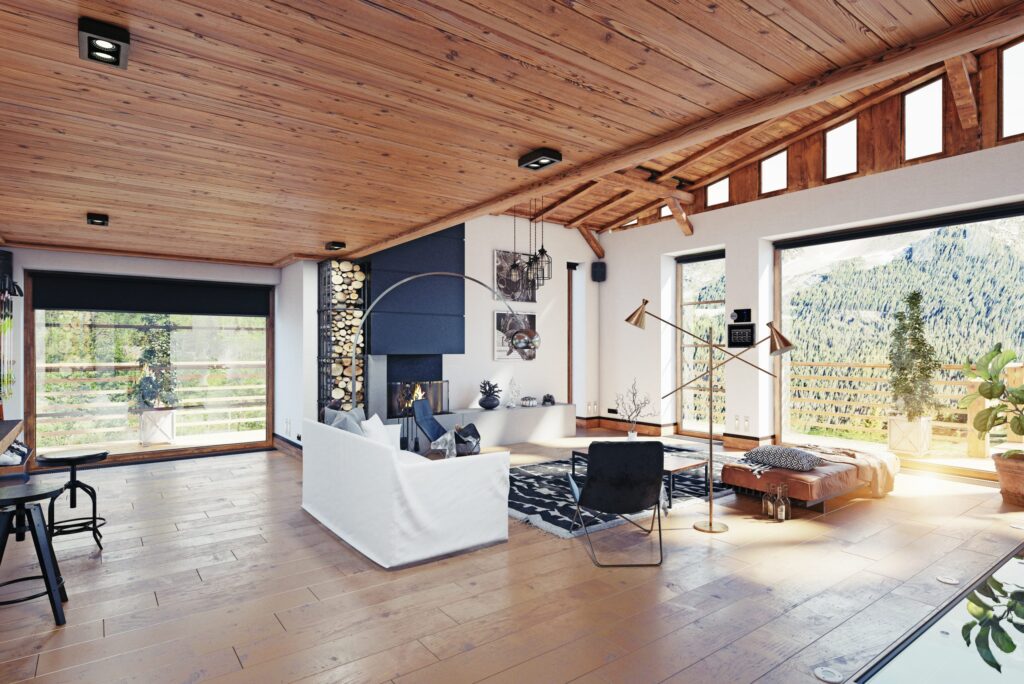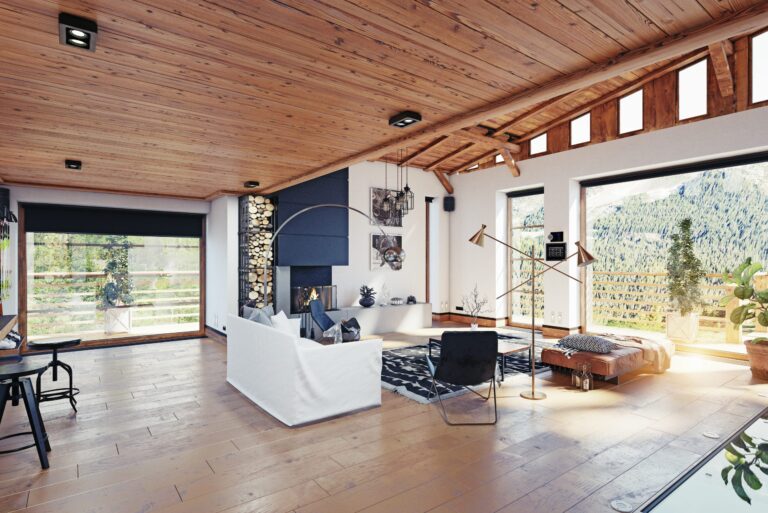
Do you have a tried-and-true destination where you default for every holiday weekend or week out of the office? Short-term rentals and resort stays get expensive quickly. If you feel as comfortable in your adopted city as you do at home, it might be time to consider purchasing a vacation home.
But buying a second home as a vacation property isn’t always the same as getting a mortgage on a primary residence. There can be implications that can make your purchase cost-effective or way more expensive than you expect, both immediately and in the future. Here are five things to consider before buying a second home.
Considerations for buying a vacation home
Calculate how much time you’ll occupy the home.
Is it going to be worth it for you in the long term to buy a vacation home? Costs for vacationing add up quickly, especially for resort areas in the US as well as abroad, so if it’s an area you’re happy to call your second home, it’s often going to make sense.
However, do your due diligence and go through your calendar to figure out how much time you’re going to realistically spend in your second home. If it ends up being two or three long weekends per year, it might be better to stick with a hotel. If it’s going to be consecutive weeks or multiple longer stays in a year, then you’re probably on the right track with your intentions.
Can you use it as a vacation rental?
Some HOAs and cities are cracking down on Airbnb’s and other short-term rental properties. If you’ve considered making some rental income when you aren’t occupying the home, it’s important to ensure you’re within your property’s usage restrictions.
If you can use it as a rental property and you’re willing to do so while you aren’t using it, you’re in the clear. Not only can you generate some income but you’re likely to cover all your expenses for the year on the revenue including your home’s mortgage.
Strategize your ability to claim the mortgage interest and taxes
There can be pitfalls by renting the property out. To remain eligible to claim mortgage insurance and property taxes like you would for your primary home, you must occupy the property at least 14 days of the year or 10% of the days it’s rented out, whichever is greater.
So, if you rent out the home fewer than 140 days of the year, your two weeks per year is the minimum to stay there. But if you rent out your home, say, 200 days of the year, you must occupy it for at least 20 days yourself.
The sweet spot, if you’re able, is staying for 33 days. Then you’re able to rent it out for a maximum of 330 days, totaling 363 days of the year.
Figure out additional expenses beforehand
Your interest rate and down payment are known in advance, but certain expenses can come as a surprise. Prior to completing the purchase, it’s a good idea to know what it will cost you annually in property taxes, maintenance costs (since you’ll likely need a property manager), and for utilities. Those expenses can be a shock if you aren’t expecting them.
How is the investment property market?
Where you’re shopping might be ideal for your needs right now, but what about the future? Is the community aging and deteriorating – potentially making the purchase even more attractive cost wise – or is it an up-and-coming neighborhood that has no limit to the future upside?
When you buy a vacation home, always plan an ‘out’. There may come a time when you can no longer meet the obligations of staying at least 10% of the time or the costs rise too much and you need to sell. Don’t get caught in a soft real estate market down the road.

